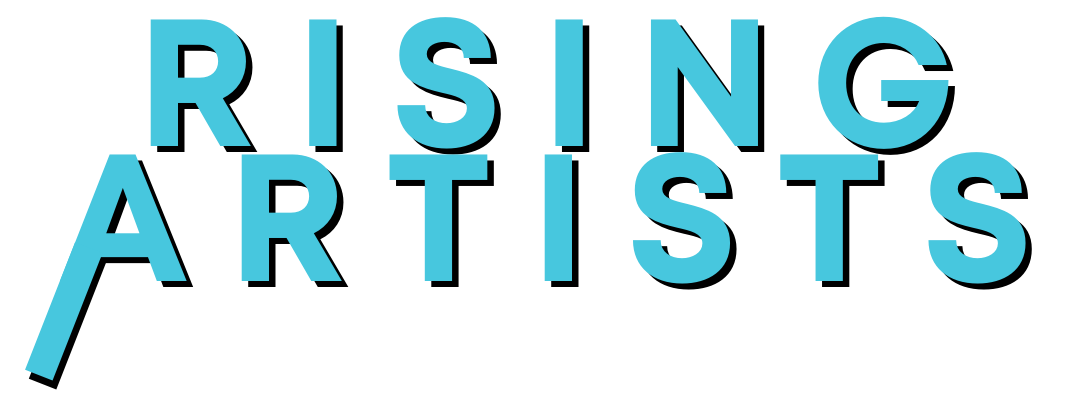Q: What captivated and surprised me with “Give An Answer” was the choir and the gospel-like touch. Sent shivers down my spine. How did the production of “Give An Answer” come about, especially the choir?
.FEN: I always loved gospel choirs and negro spirituals. I really love the voices. I wanted to devote a song to it. As the gospel gave the Soul, which itself gave birth to the Funk. Based on this whole chain, I wanted to sum it up in one song while giving it an 80s Funk touch. With even a little tribute to my idol George Benson by doubling the end guitar with my voice. “Give An Answer” is undoubtedly the most technically accomplished track of the album.
Q: Tell me the meaning behind the song?
.FEN: We hear everything and its opposite concerning health crisis. this song asks decision-makers to stop contradicting themselves and finally “give an answer” to the questions everyone is asking.
Q: What was the most difficult part about making this piece?
.FEN: I think that the most complicated was to make the song groovy, to choose the right tempo and still for the listener understanding the lyrics well. The track was six minutes long when I’ve written it, the challenge was also to keep only the essentials. Another challenge was to use the 80s Funk codes with today’s arrangements.
Q: You’ve been a musician for a long time. How does making music now, during a pandemic, differ from making music then, for you?
.FEN: During the first lockdown, I’ve experienced something unique that allowed me to write and compose nonstop. Perhaps it was the fact that everything slowed down that caused this, or that it must have happened at this particular moment? My daily life in normal and busy circumstances does not allow me to live a moment as I lived during that period — I took the opportunity to write, write, and write again. Inspiration came to me so naturally, even more at night during me dreaming, I woke up with full songs or part of it, and knew immediately what to do during the day with these melodies and lyrics. I could have called this album “lockdown songs” or “dreamed songs.”
In another hand, we, as musicians and artists, cannot express ourselves like before. We have less opportunities to perform on stage due to the pandemic. Creation process is great, but if we cannot express our sensitivity on stage in front of the audience, we miss something in comparison with “before pandemic time.”

Q: What does your life look like outside of music?
.FEN: I have a lot of activities and passions. I also have a lot of friends and I have my family — I am married and three children, which also takes a lot of time. I’m also passionate about what surrounds me, understanding how the world works. I also have a great attraction for sciences and technology. I read a lot of books about these topics. And of course, when I have time left, I read artist biographies. I am curious to also know them beyond their art.
Q: Why is your art so important to you?
.FEN: Since I was very young, I have always been passionate about music. Compared to my classmates, I was already analyzing the songs I heard on the radio. Bass lines, drums or other arrangements have always fascinated me. That’s what set me apart from other kids of my age. Then, I wrote my first songs and found it extraordinary to be able to transmit ideas, feelings to a listener. This is why my art is so important to me…to be able to transmit something. Starting from nothing at the beginning, being able to do something out of nowhere. And as Paul McCartney once said: “One of my biggest thrills for me still is sitting down with a guitar or a piano and just out of nowhere trying to make a song happen.”
Interviewed by Taylor Berry













